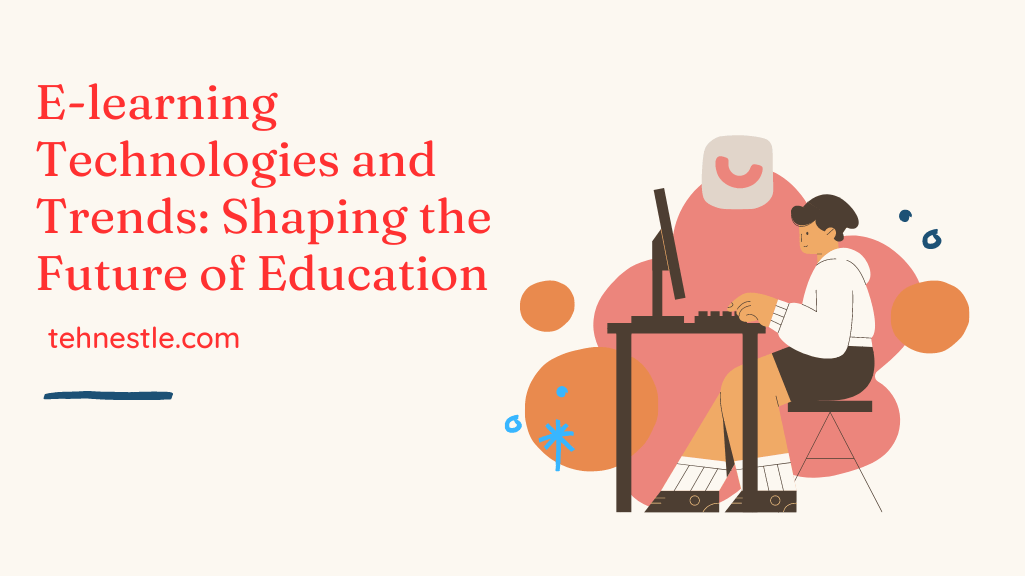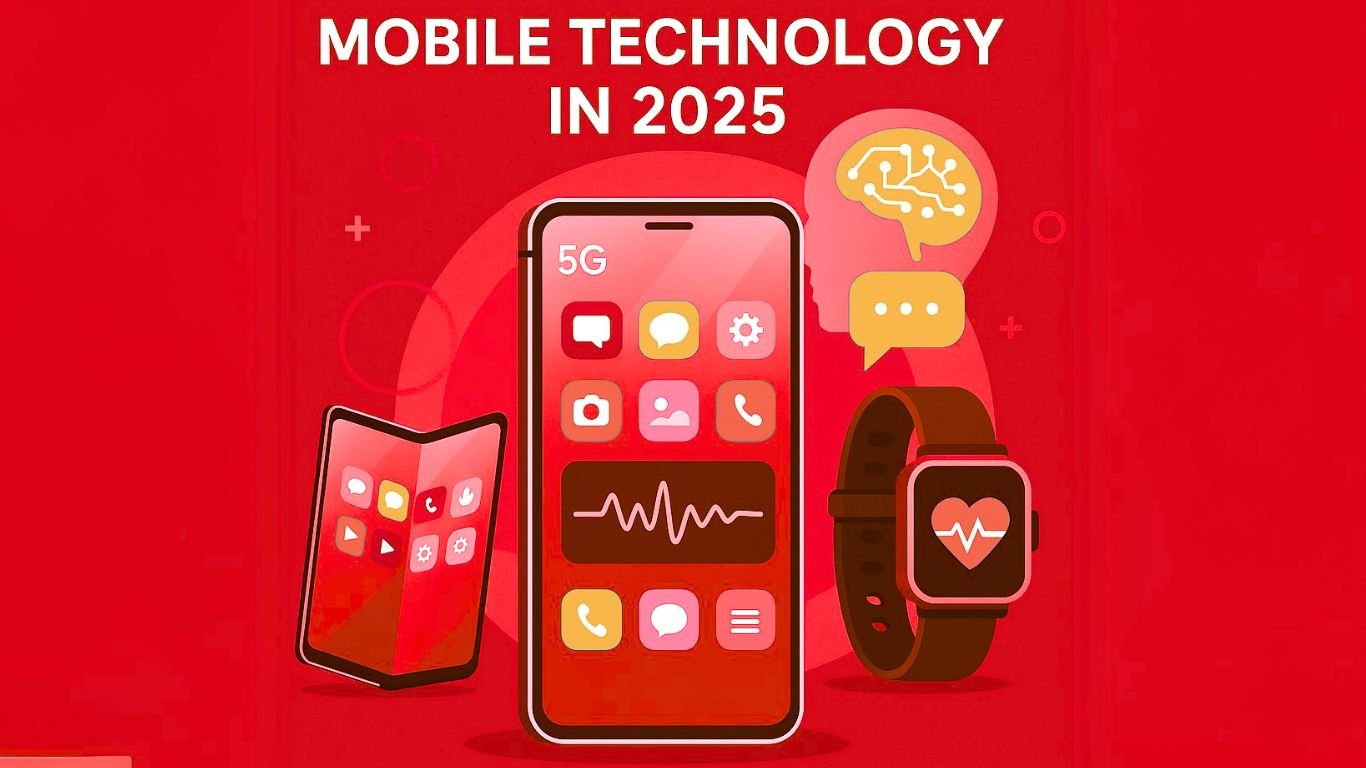The world of education is undergoing a transformation driven by technology and the demand for flexible learning. Well Today, E-learning, or electronic learning, has emerged as a powerful tool offering new ways to teach and learn. Through this blog post, we will explore the latest e-learning technologies and trends that are shaping the future of education.
The Rise of E-learning
E-learning encompasses a wide range of educational practices that use digital tools to support learning. From online courses and virtual classrooms to interactive simulations and mobile apps, e-learning caters to diverse learning styles and needs. The COVID-19 pandemic significantly accelerated the adoption of e-learning, highlighting its potential to provide effective learning experiences.
Key E-learning Technologies
- Learning Management Systems (LMS): LMS platforms provide a centralized hub for creating, delivering, and managing educational content. These platforms offer features like course management, assessment tools, and communication channels, streamlining the learning process for educators. Like Moodle, Canvas, and Blackboard Learn, Thecivilstudies
- Virtual and Augmented Reality (VR/AR): VR and AR technologies are creating immersive and interactive learning environments. VR can transport students to different locations and eras (e.g., language learning, science labs, etc.), while AR overlays digital information onto the real world, enhancing learning in various subjects.(Anatomy Learning, Art Education, Vocational Training, etc)
- Gamification: Gamification integrates game elements like points, badges, leaderboards, and challenges into educational content to boost engagement and motivation. This approach makes learning more interactive and enjoyable.
- Mobile Learning: With the widespread use of smartphones and tablets, mobile learning has become a significant trend. Mobile apps and responsive websites allow students to access educational content anytime and anywhere. This flexibility is particularly beneficial for busy learners who need to balance studies with other commitments. E.g., thecivilstudies.com or other websites.
Emerging Trends in E-learning
- Microlearning: Microlearning breaks down complex topics into smaller, manageable chunks of information. This approach caters to shorter attention spans and allows learners to absorb information efficiently. Microlearning modules, often delivered as short videos or quizzes, are easily digestible and accessible on the go.
- Social Learning: Social learning leverages the power of collaboration to create a community-based learning environment. Discussion forums, group projects, and peer reviews encourage interaction and knowledge sharing among students. Platforms like Edmodo and Slack facilitate social learning by providing spaces for collaboration and communication.
- Adaptive Learning: Adaptive learning uses data to personalize the learning experience based on individual needs. By analyzing a learner’s performance, adaptive systems can modify content and provide additional resources to address knowledge gaps. This approach ensures that students receive the support they need to succeed.
- Video-based Learning: Video-based learning is gaining popularity due to its ability to convey information effectively and engagingly. Educational videos, webinars, and live streams allow students to learn visually and at their own pace. Platforms like YouTube, Khan Academy, and Coursera offer a vast array of video-based learning resources.
- Blockchain Technology: Blockchain technology is emerging in e-learning to ensure the security and authenticity of educational credentials. By using blockchain, institutions can issue tamper-proof certificates and transcripts, making it easier for employers to verify qualifications.
The Future of E-learning
Through the above exploration of various technologies and trends, we can easily understand how education is changing the world and how easy it is to learn anything nowadays. The future of e-learning is bright, with constant advancements in technology fueling innovation in education. As more institutions recognize the benefits of e-learning, we can expect to see further integration of cutting-edge technologies and the development of new, engaging learning experiences.
A focus on accessibility and inclusivity will ensure that e-learning caters to diverse learning styles and reaches a wider audience. E-learning has the potential to democratize education and provide lifelong learning opportunities, paving the way for a more educated and skilled global population.
Recent Posts
Real Madrid vs Borussia Dortmund: A Rivalry Etched in European Football History
Few fixtures in European football stir as much excitement as Real Madrid vs Borussia Dortmund. This rivalry goes beyond the…
Mobile Technology in 2025 – What’s New, What’s Next & Why It Matters to You
Let’s face it — life without your smartphone? Practically unimaginable in 2025. Our phones are no longer just tools for…






Pingback: AI & ML - Simplified Guide for Beginners | Learn & Explore
Pingback: Emerging Construction Trends 2025 | Tehnestle